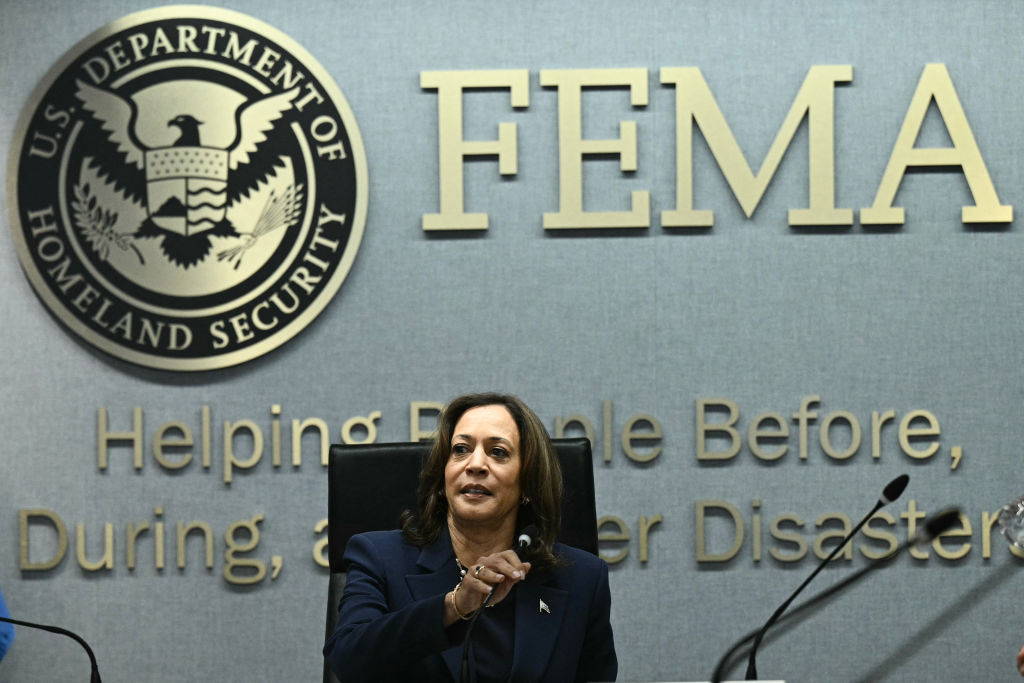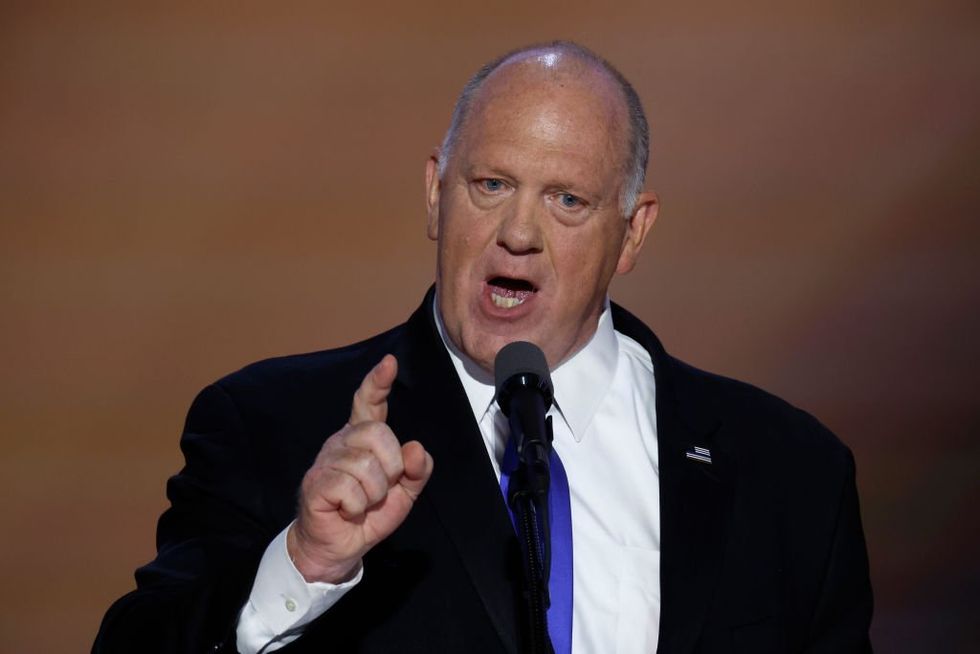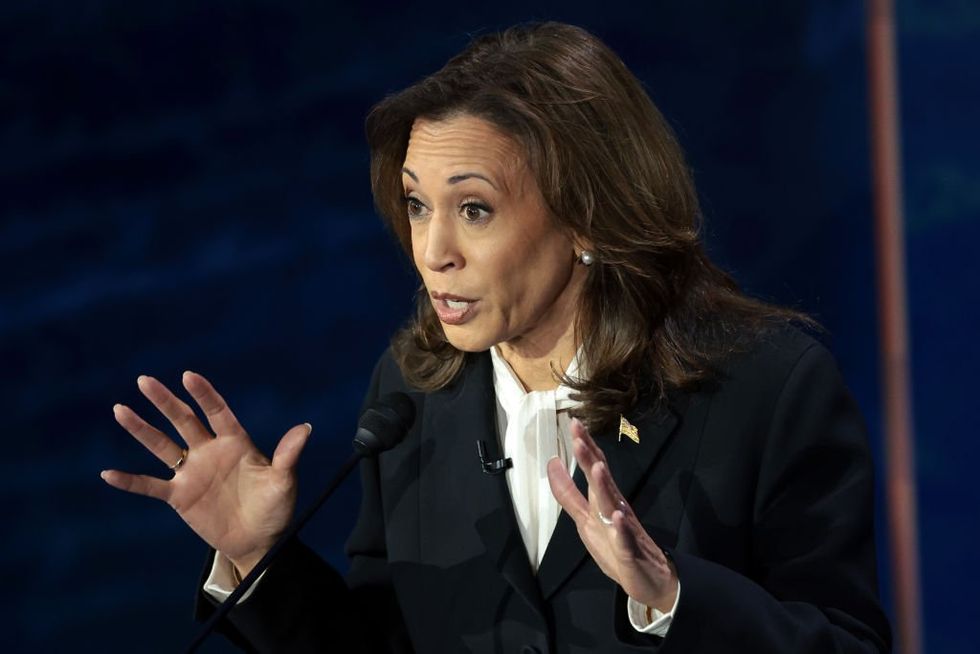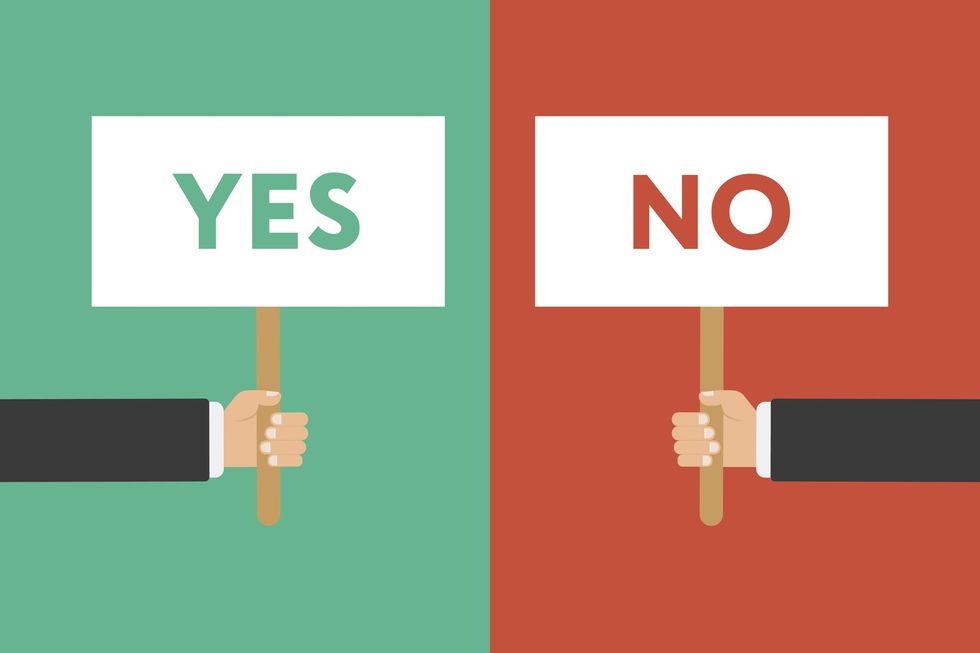FEMA Webinar Says Agency Moving Toward LGBTQIA+ ‘Disaster Equity’ Over Helping Most People
A newly unearthed webinar from the Federal Emergency Management Agency (FEMA) features disaster management personnel talking about prioritizing “disaster equity” over helping the most people possible. The webinar, titled “Helping LGBTQIA+ Survivors Before Disasters,” was posted to YouTube in March of last year. The discussion included a back and forth between moderator Tyler Atkins, an ...

A newly unearthed webinar from the Federal Emergency Management Agency (FEMA) features disaster management personnel talking about prioritizing “disaster equity” over helping the most people possible.
The webinar, titled “Helping LGBTQIA+ Survivors Before Disasters,” was posted to YouTube in March of last year.
The discussion included a back and forth between moderator Tyler Atkins, an Emergency Management Specialist at FEMA who uses he/they pronouns, and Maggie Jarry of the Substance Abuse and Mental Health Services Administration.
FEMA Disaster Preparedness Meeting:
"We should focus our efforts on LGBTQIA people… they struggled before the storm"
"FEMA relief is no longer about getting the greatest good for the greatest amount of people…. It's about disaster equity." pic.twitter.com/IqXeKI8OTT
— End Wokeness (@EndWokeness) October 7, 2024
“LGBTQIA people, and people who have been disadvantaged already, are struggling,” Atkins said. “They already have their own things to deal with. So you add a disaster on top of that, it’s just compounding on itself.”
“I think that is maybe the ‘why’ of why we’re having these discussions, because it isn’t being talked about, it isn’t being socialized, we’re not paying attention to this community,” he added.
Am I Racist? Is In Theaters NOW — Get Your Tickets Here!
Jarry claimed that disaster services are already shifting towards “disaster equity” and away from helping the greatest number of people.
“The shift that we’re seeing right now is a shift in emergency management from utilitarian principles — where everything is designed for the greatest good for the greatest amount of people — to disaster equity. But we have to do more,” Jarry said.
She went on to suggest that the disaster response policies at federal agencies may have been designed to “erase” certain communities.
“The topic at hand here is, are the policies that have been developed actually biased in benign neglect or intentional erasure of the specific communities that are probably most in need of those services, and does the aid then bias toward people with assets or other types of situations that weren’t part of the norm of this industry in the past,” Jarry said.
Atkins chimed in, “The topic of preparedness and preparedness resources and the intersectionalities within equities and discrimination and hate — it’s a real thing that needs to be discussed, needs to be vocalized, and we need to start looking at how we can find solutions to this.”
FEMA’s website proclaims “equity” in emergency management as its top goal.
“Underserved communities, as well as specific identity groups, often suffer disproportionately from disasters. As a result, disasters worsen inequities already present in society,” FEMA’s “Goal 1” initiative reads.
“This cycle compounds the challenges faced by these communities and increases their risk to future disasters. By instilling equity as a foundation of emergency management and striving to meet the unique needs of underserved communities, the emergency management community can work to break this cycle and build a more resilient nation,” FEMA says.
The webinar came to light amid the deadly devastation from Hurricane Helene in North Carolina and other areas. The hurricane has killed at least 232 people across six states, more than 100 of those deaths in North Carolina.
Photos and videos of Asheville, North Carolina, and other areas show houses and cars underwater and wreckage trapping people from coming in and out. In the days after the storm, tragic stories came to light. One Asheville family, a couple in their 70s and their six-year-old grandson, drowned after the roof they were on collapsed while the boy’s mother survived, wedged between objects nearby.
The Biden administration’s response to the storm has sparked anger among critics, who pointed out that FEMA spent $1.4 billion on housing illegal migrants over the last two years. That money came from FEMA’s Shelter and Services Program, which is separate from its Disaster Relief Fund.
Homeland Security Secretary Alejandro Mayorkas said Thursday that FEMA has funding for immediate needs but will run out before the end of the hurricane season. FEMA has requested more money from Congress, he said.
However, a Department of Homeland Security inspector general’s report from August found that FEMA has more than $7 billion remaining in emergency funding meant for disasters from 2012 or earlier that “could potentially be returned to the Disaster Relief Fund.”
So far, the federal government has given only $4 million to Americans hit by the hurricane. Vice President Kamala Harris said FEMA has been providing $750 to people for “immediate needs” like baby formula.
The storm has caused more than $47.5 billion in devastation.
Originally Published at Daily Wire, World Net Daily, or The Blaze
What's Your Reaction?
































































































